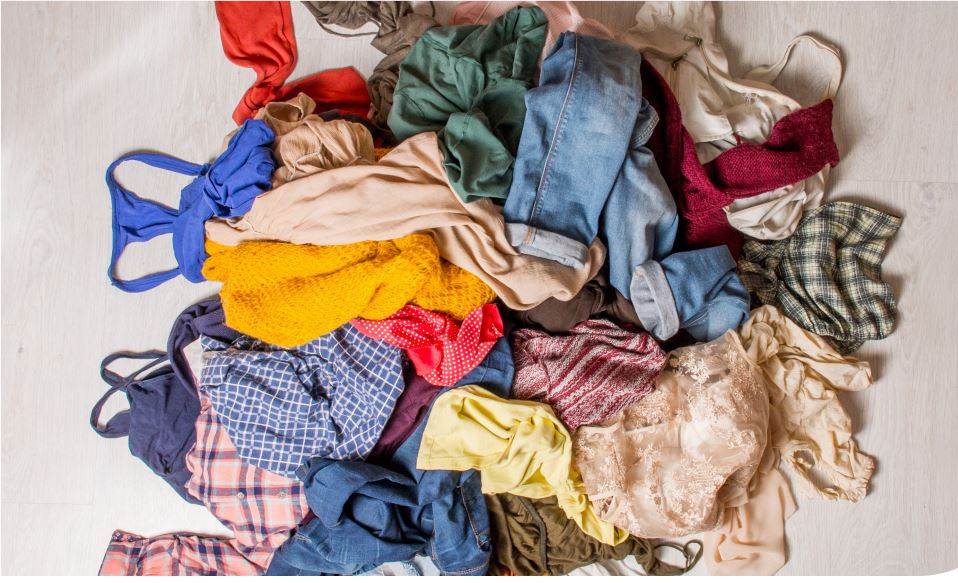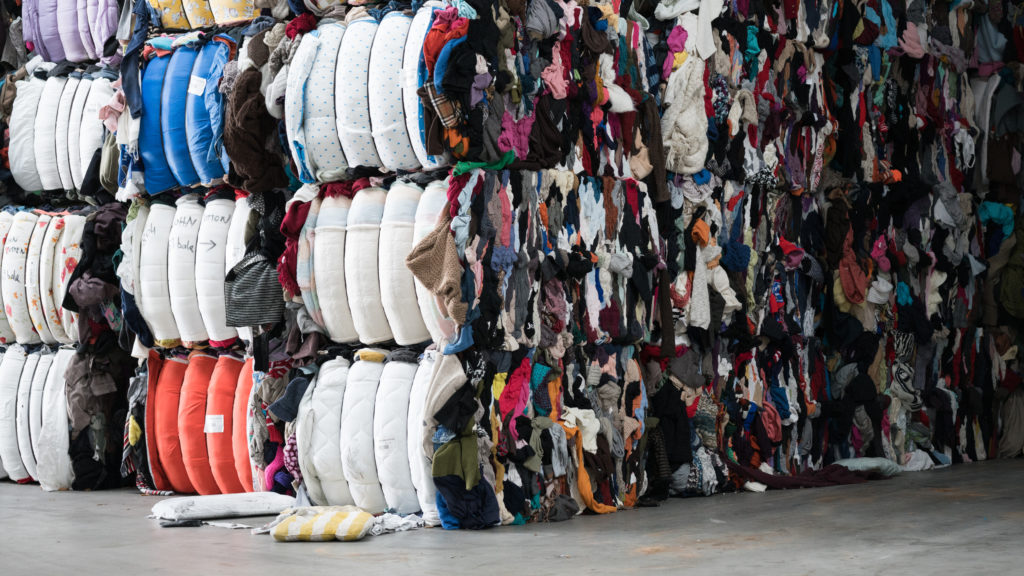In 2003, companies were hit by an increase in the minimum wage and insurance costs, attacks by unscrupulous door-to-door collectors and an export market damaged by fallout from the Iraq war.
These problems look set to continue in 2004, with some added strains. Demand from Africa has slowed because of the low exchange rate of the American dollar compared to the pound and a clampdown on foreign textiles by some West African countries.
Prices
Textile prices are currently at about 25-35 per tonne for textile banks, 135-160 per tonne for charity rags and 60-100 per tonne for shop collections. But these are expected to fall in the next few months as sorting companies strive to reduce their costs and keep margins down.
Elliot Cohen , chairman of I&G; Cohen and president of the Textile Recycling Association said: “On a personal basis, I think the industry is in a far worse position than it was this time last year… Wages, insurance costs and so on will go up this year. It's going to eat into the very small profit companies in the UK are already making. Unless we can see some sort of price reduction in raw material I cannot see the industry being sustained for much longer.”
Greater regulation on banking practices after September 11 has discouraged some West African countries from sending money abroad, while others send large payments infrequently, causing cash flow problems in the UK.
“Money from all round the world is now having to be moved in more orthodox ways and because of that it's becoming more expensive to move the money,” Mr Cohen said. Because this now requires more documentation, some traders in West Africa have been put off dealing with the UK, he added.
The dollar has risen from $1.53 to $1.83 in the last few months alone. Terry Ralph of Terimpex said: “If as may be expected the American dollar reached $2 to the pound then we would expect a mass desertion of our customers – the price alone will force them to leave.”
Banned
In addition, some West African countries have banned imports of textiles, hindering the flow of textiles inland. Meanwhile, there is a surplus of recycled textiles in Eastern Europe and vigorous competition from door-to-door collectors who export material from the UK in an unsorted state.
Many UK textiles companies maintain that rogue dealers will steal door-to-door charity collections operated by genuine bodies. And some door-to-door collectors have been accused of misrepresentation. The Office of Fair Trading is currently investigating a company called Olonex which leafleted homes across the South East indicating it was a charity.
Last year, the Advertising Standards Authority upheld complaints concerning an Olonex leaflet. This “implied that Olonex was a registered charity, and did not make clear that the company would sell donated clothing for profit,” the ASA said.
This week, Donna Mitchell, spokeswoman for the ASA, confirmed: “They have been continuing to distribute problematic literature… we have asked the OFT to take action under the Control of Misleading Advertisement Regulations 1988.”
Regulations
The looming Money Laundering Regulations will enforce new duties on the trade when they come in on March 1. Although Alan Wheeler, national liaison manager of the Textile Recycling Association, explained: “Any business that handles a cash transaction of more than 15,000 euros would have to register as a high value dealer with Customs and Excise.
“Obviously our industry is a cash oriented industry and for people to hand over those amounts of cash is not unusual. Almost everyone in our trade association will be affected by the legislation.”
Affected companies must pay an annual fee to Customs and Excise of about 60 per year, and be obliged to report any suspicions of money laundering among their customers. Recyclers fear this could put a strain on relationships with foreign partners, particularly those with new customers.
But for the moment, textile banks are benefiting from the traditional post-Christmas glut of donated materials. Sorting companies expect orders from Africa to pick up a little next month in the run-up to Easter, the second biggest period of demand in the year to Christmas.











Subscribe for free